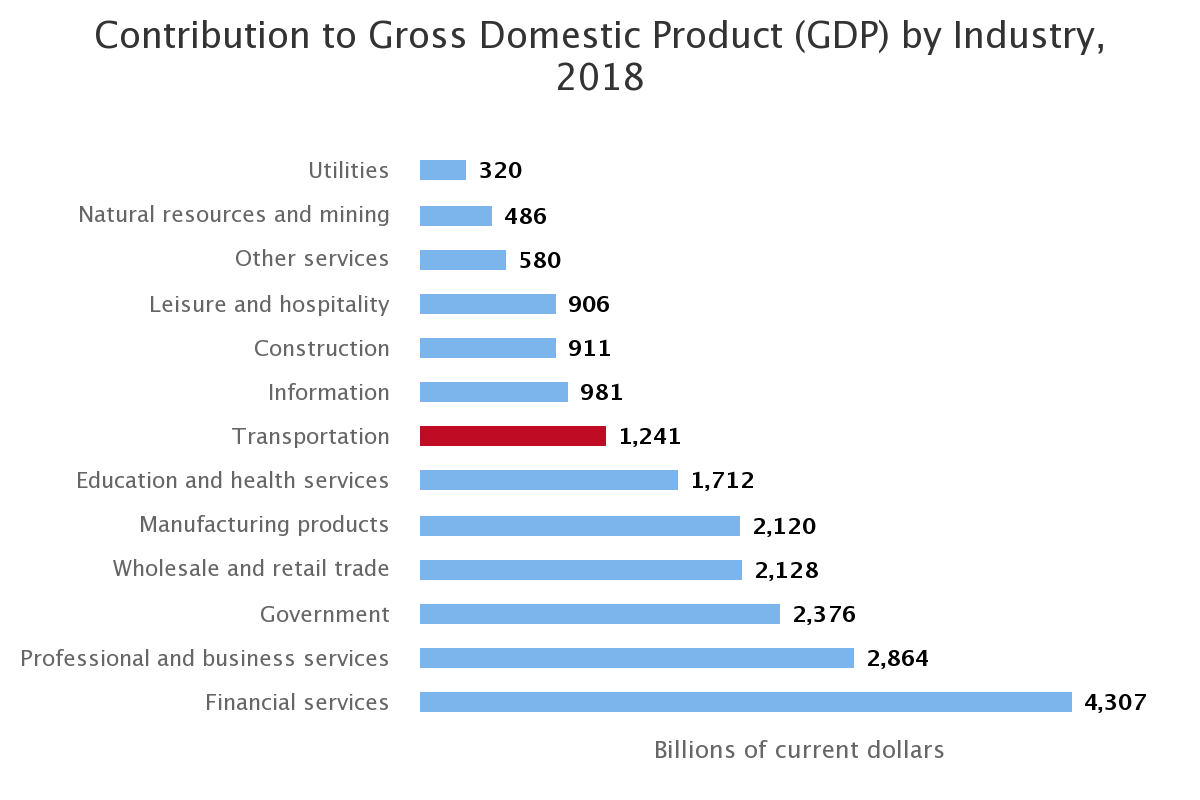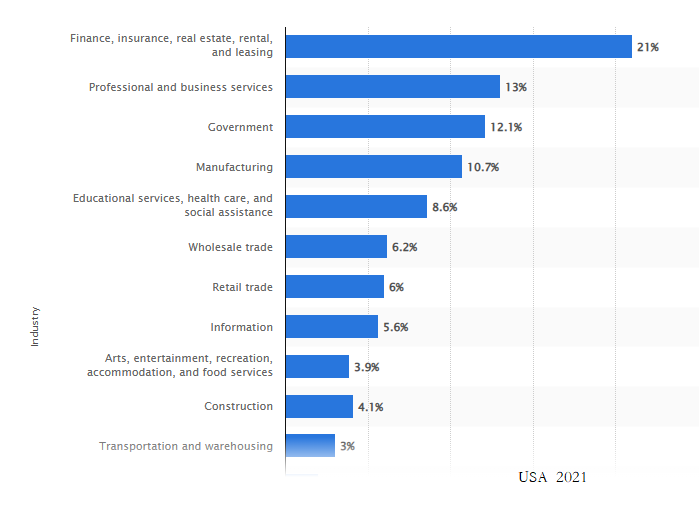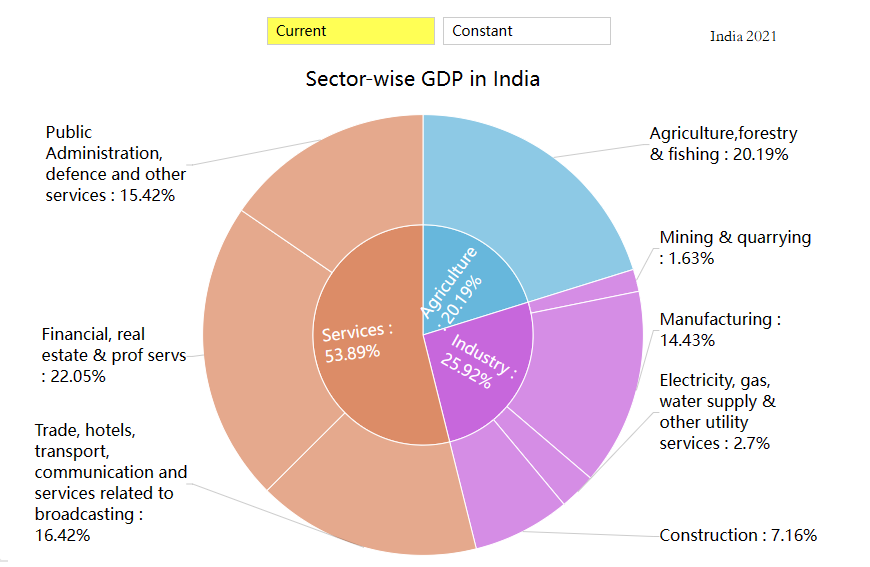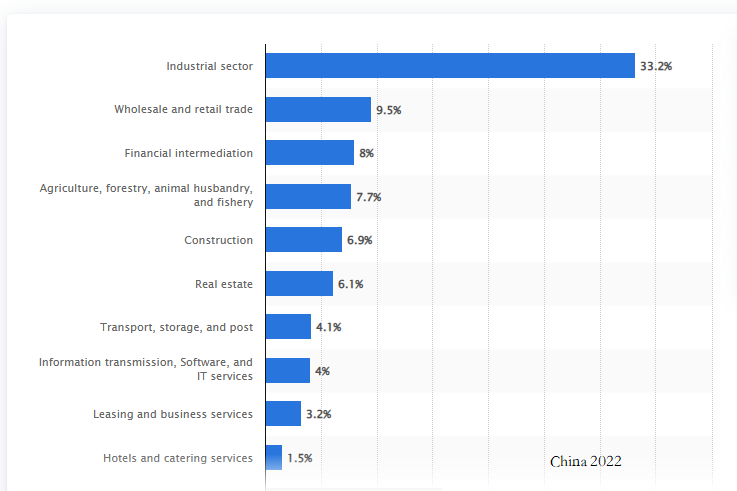chinaren 写了: 2023年 5月 8日 07:57
4月27日,美国国家安全顾问沙利文(Jake Sullivan)在华盛顿智库布鲁金斯学会演讲时表示:所谓的资本主义自由市场建立在一个荒谬的假设上——”市场总是富有成效和有效地配置资本--无论我们的竞争对手做了什么,无论我们共同面临的挑战有多大,无论我们拆除了多少护栏。
说自由市场还有另外一个荒谬的隐藏假设——”所有的增长都是好的增长“,”不管它是什么类型的增长“,比如说金融产业、娱乐产业、律师诉讼产业,这些玩意儿占了当今美国GDP的大头,但这些东西对于美国的生产力并没有起到任何作用,增长越快,美国的产业地基就越容易崩塌。
正因为这些所谓的”市场有效配置资源“、”所有的增长都是好增长“的资本主义谬论,把今天的美国推入了产业空心化、金融泡沫化、科技诈骗化的深渊。
你是嫌本版网友英文差要你翻译还是你这廊五读不懂英文?
There was one assumption at the heart of all of this policy: that markets always allocate capital productively and efficiently—no matter what our competitors did, no matter how big our shared challenges grew, and no matter how many guardrails we took down.
Now, no one—certainly not me—is discounting the power of markets. But in the name of oversimplified market efficiency, entire supply chains of strategic goods—along with the industries and jobs that made them—moved overseas. And the postulate that deep trade liberalization would help America export goods, not jobs and capacity, was a promise made but not kept.
Another embedded assumption was that the type of growth did not matter. All growth was good growth. So, various reforms combined and came together to privilege some sectors of the economy, like finance, while other essential sectors, like semiconductors and infrastructure, atrophied. Our industrial capacity—which is crucial to any country’s ability to continue to innovate—took a real hit.
The shocks of a global financial crisis and a global pandemic laid bare the limits of these prevailing assumptions.
The second challenge we faced was adapting to a new environment defined by geopolitical and security competition, with important economic impacts.




